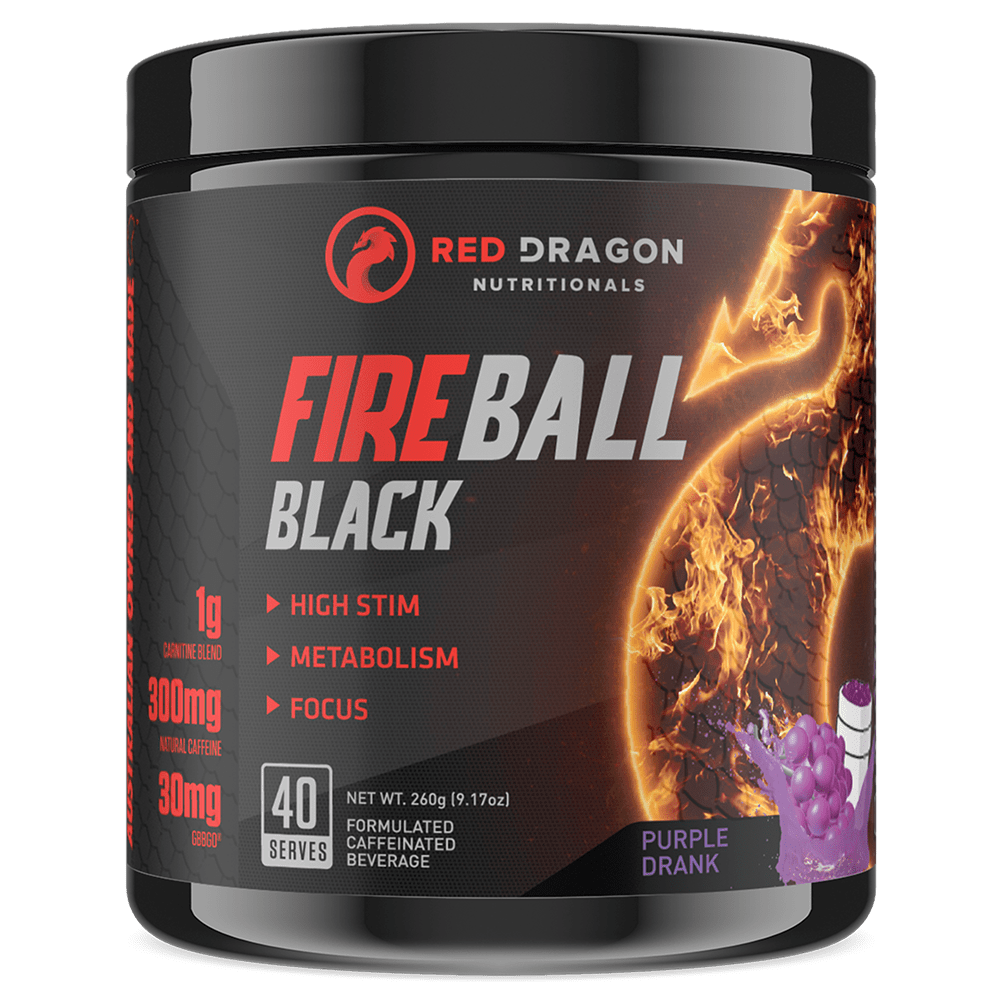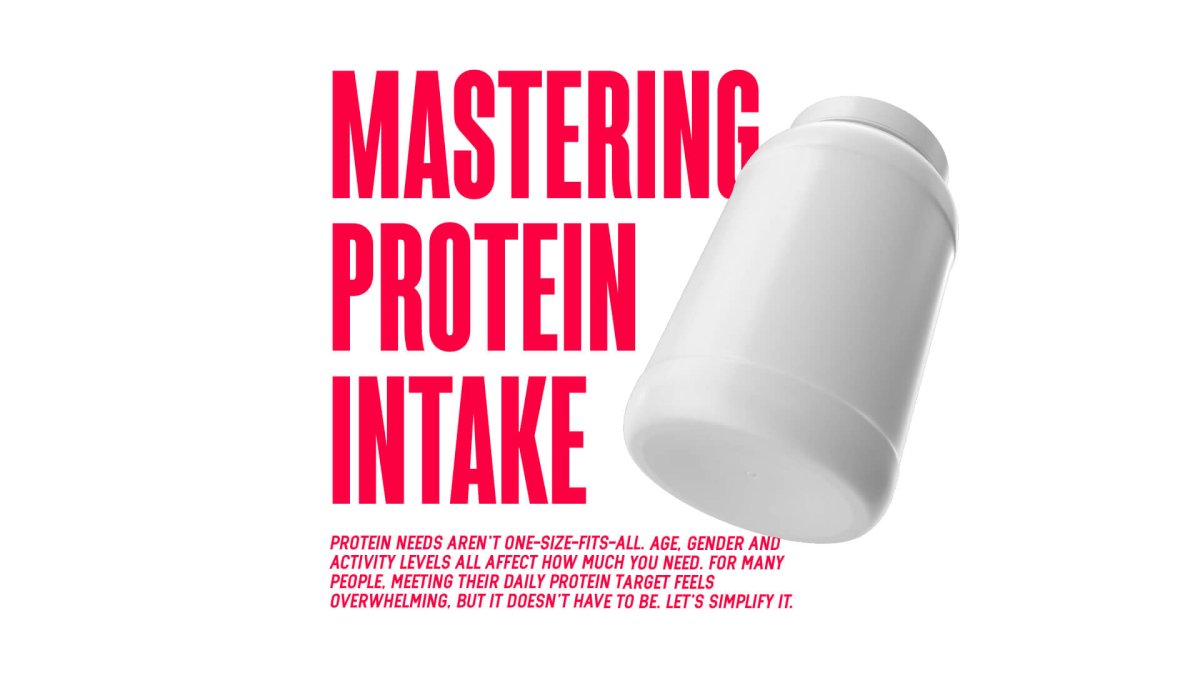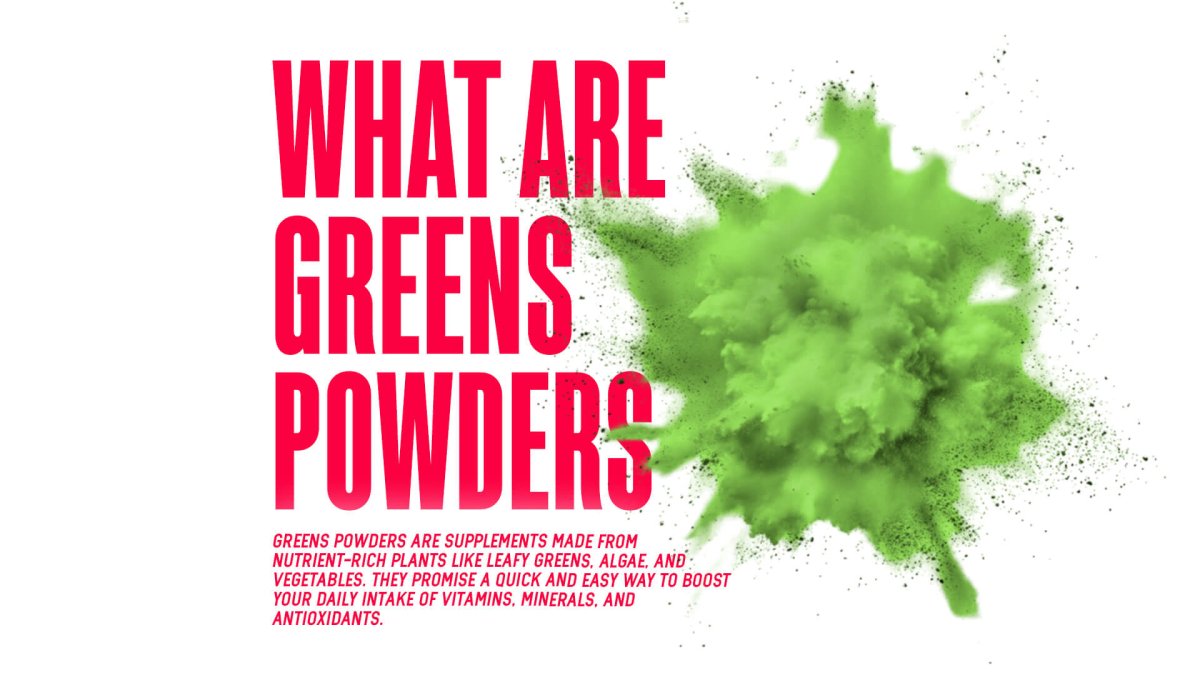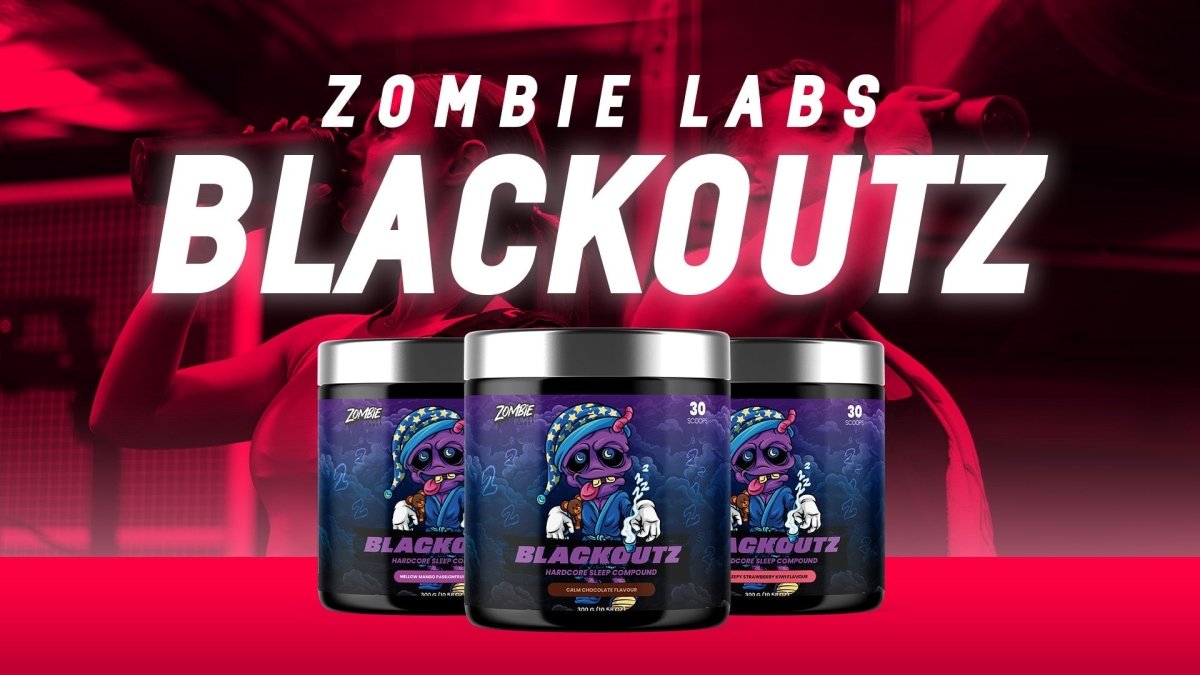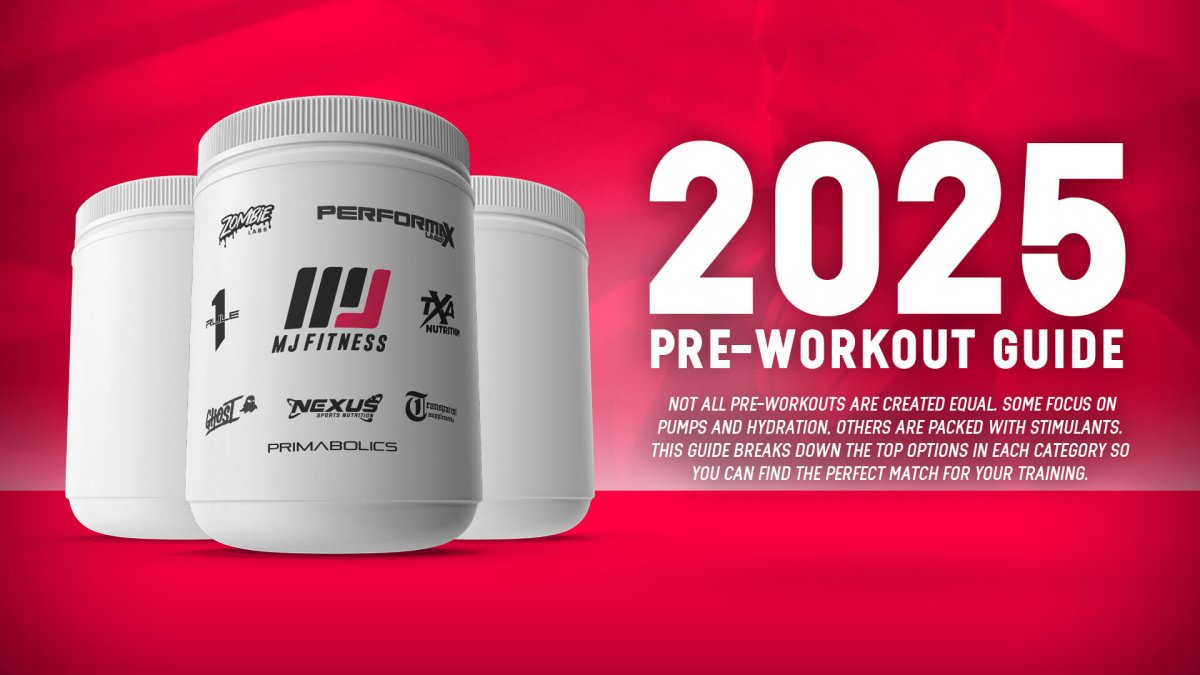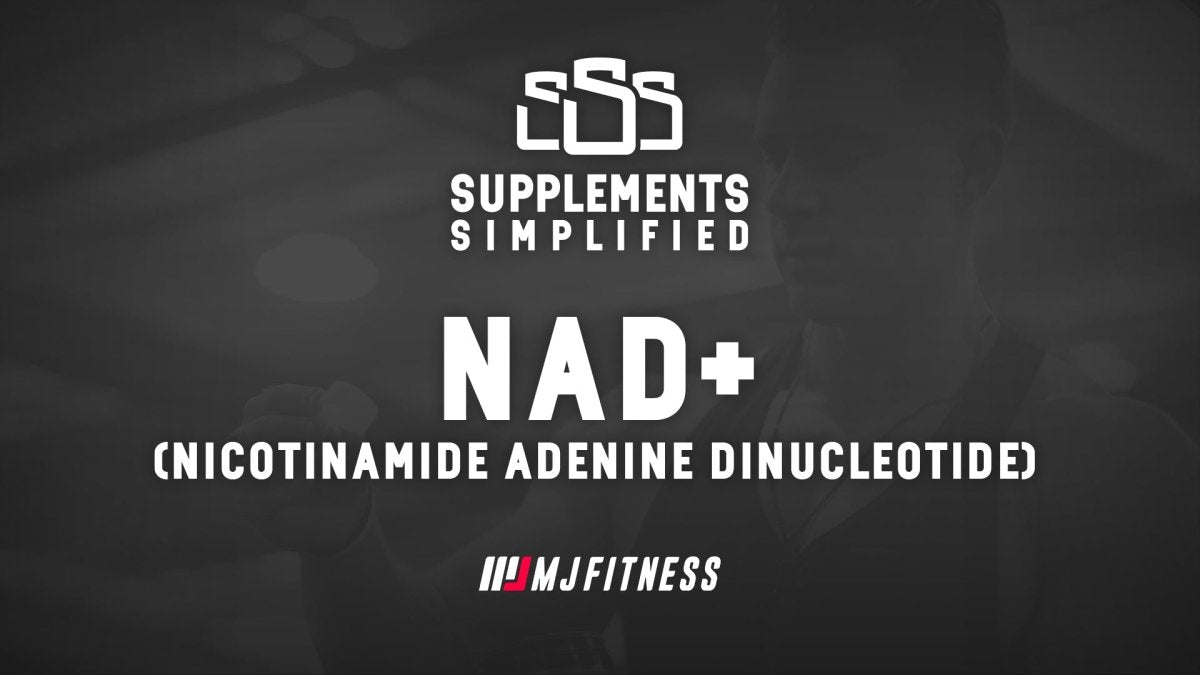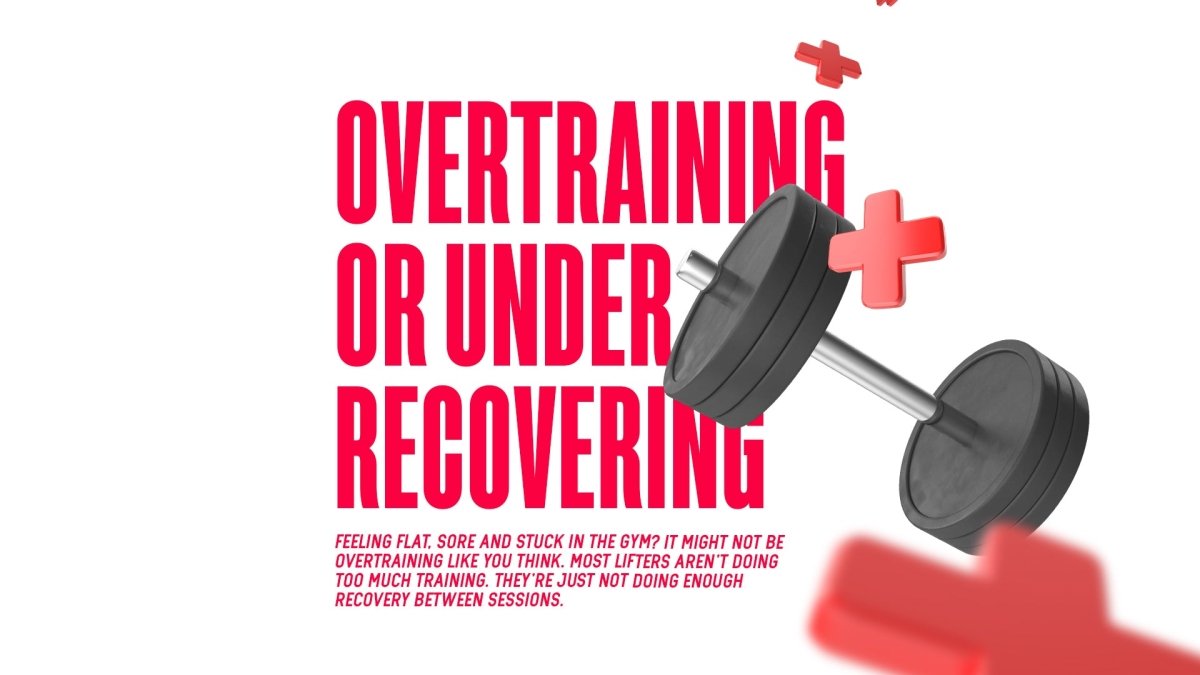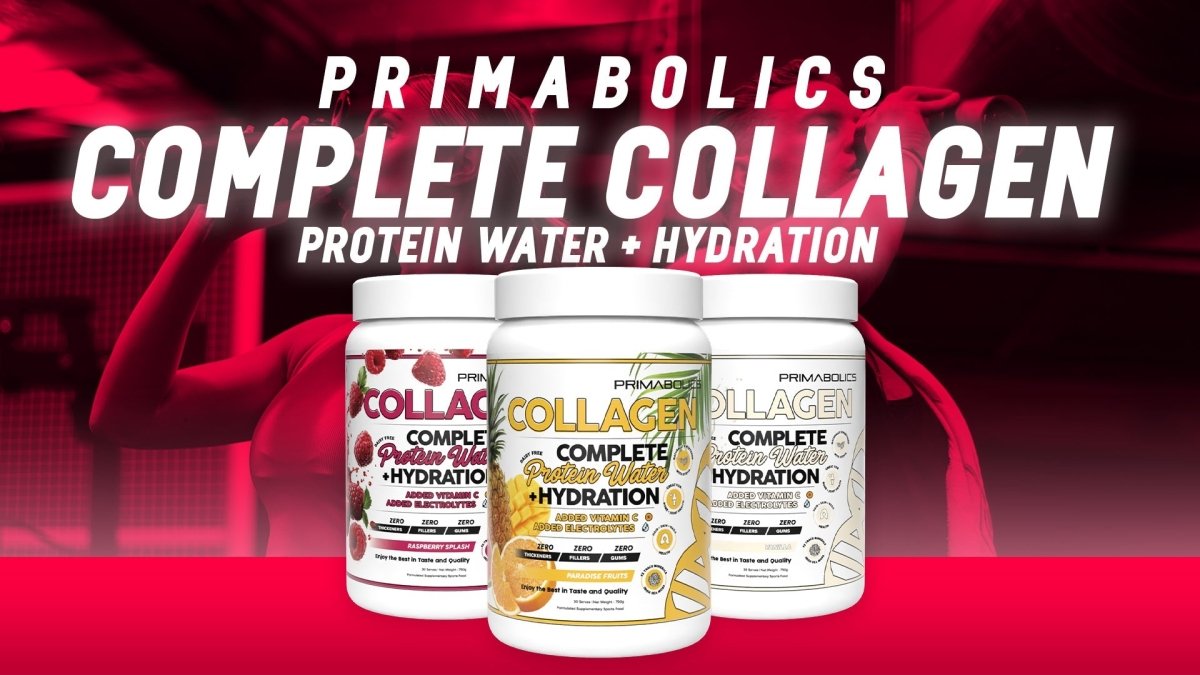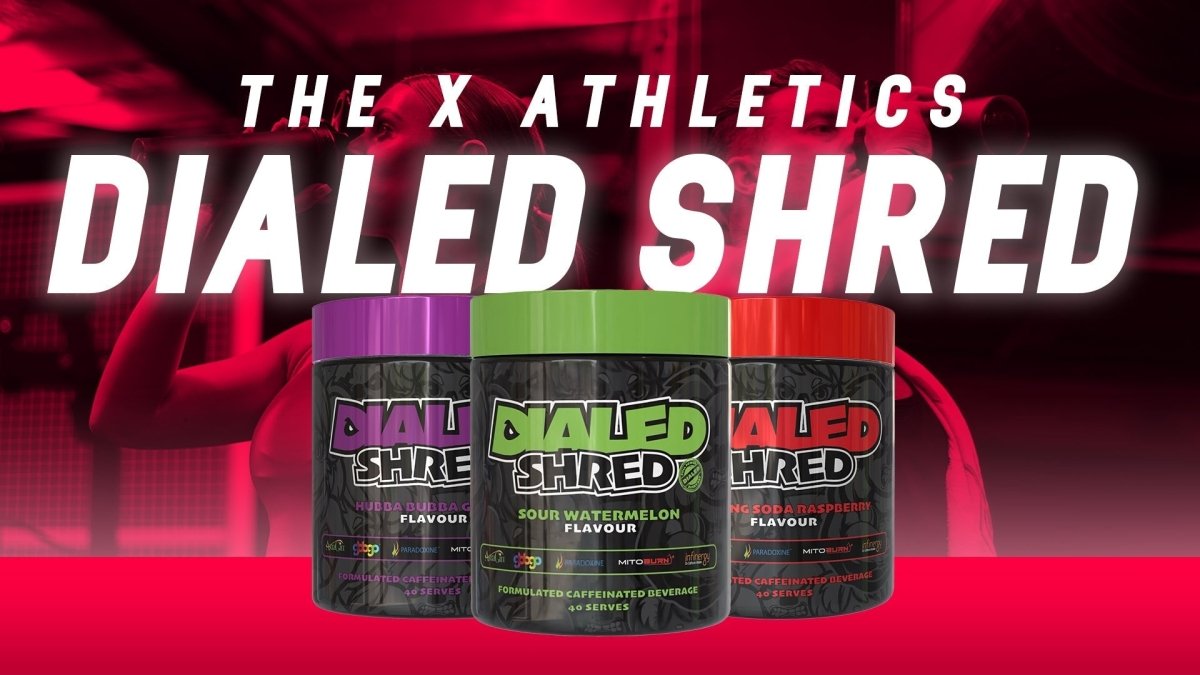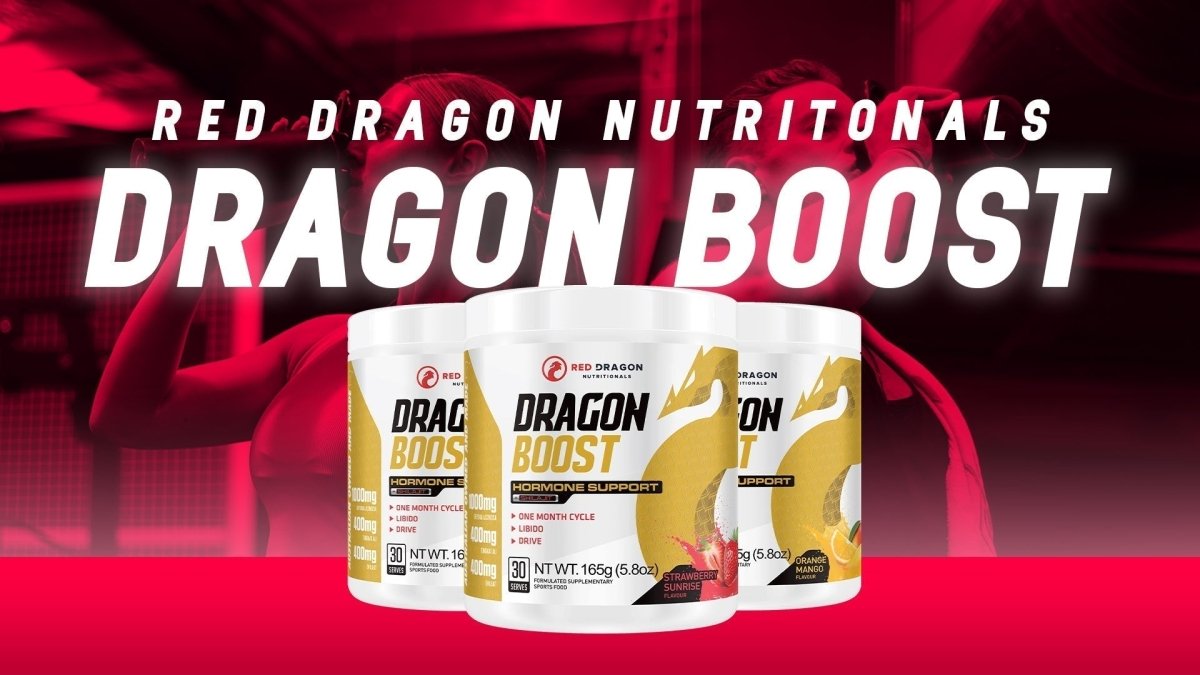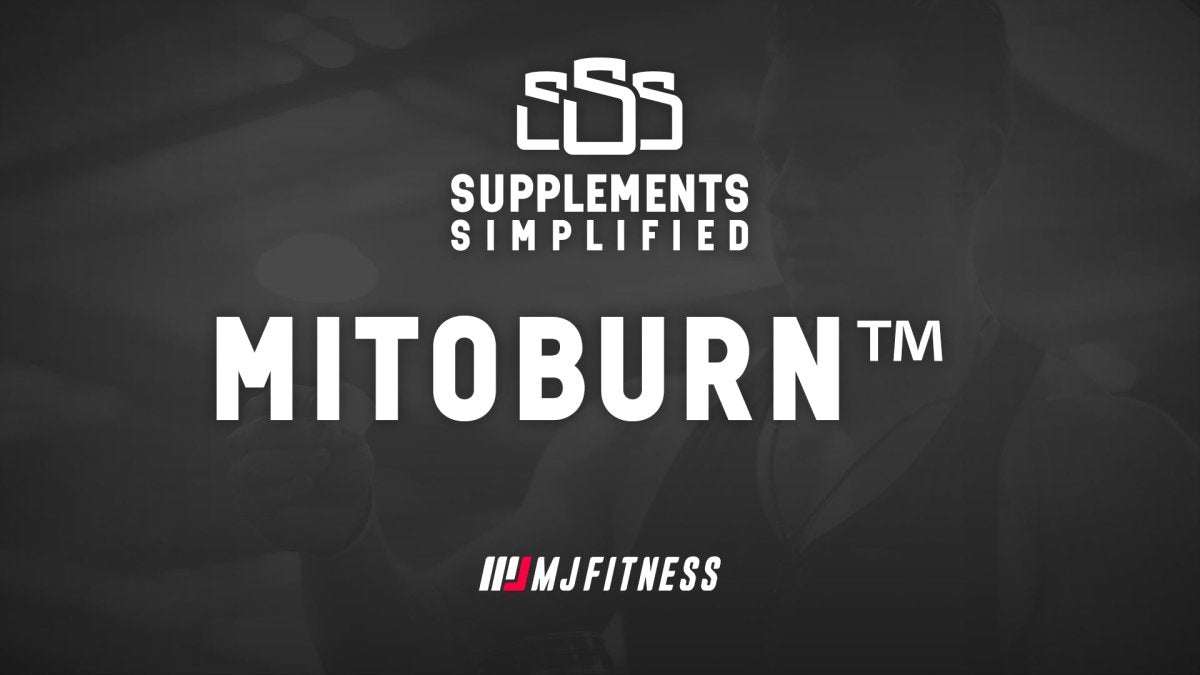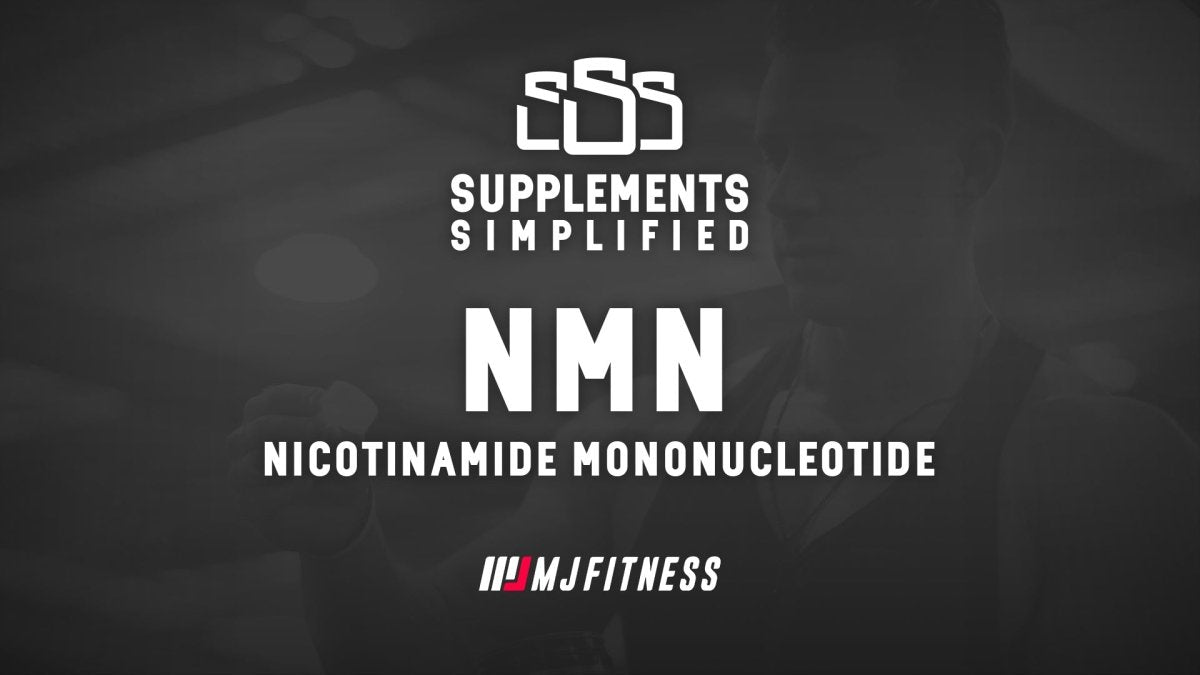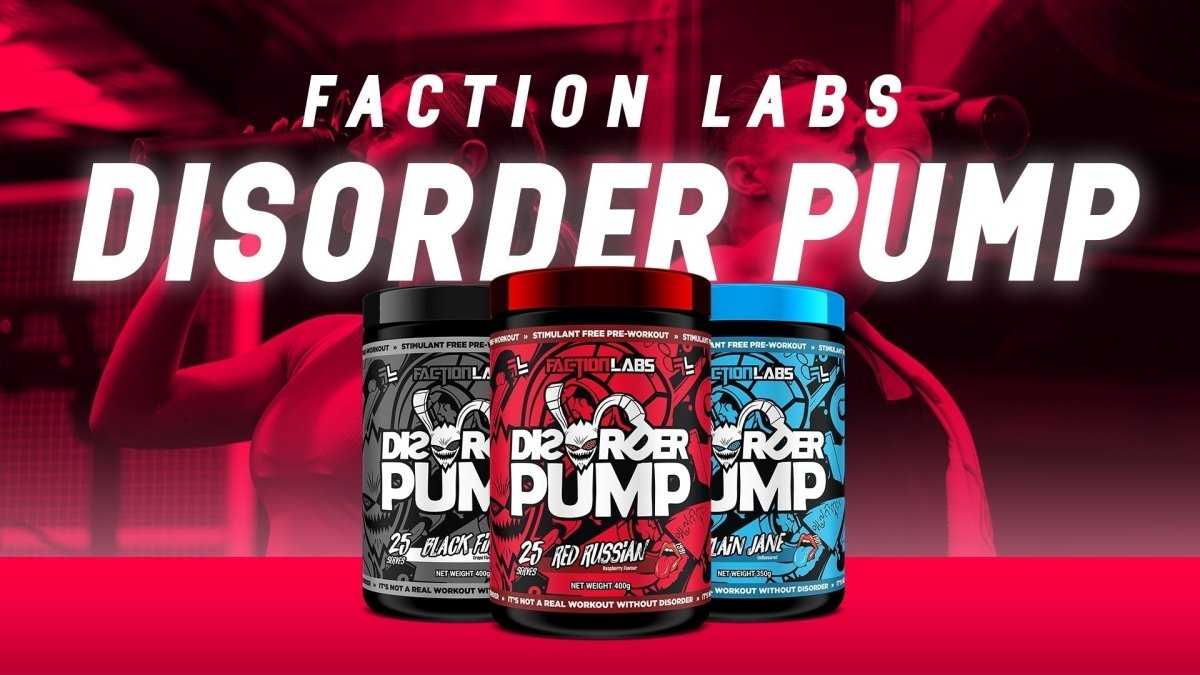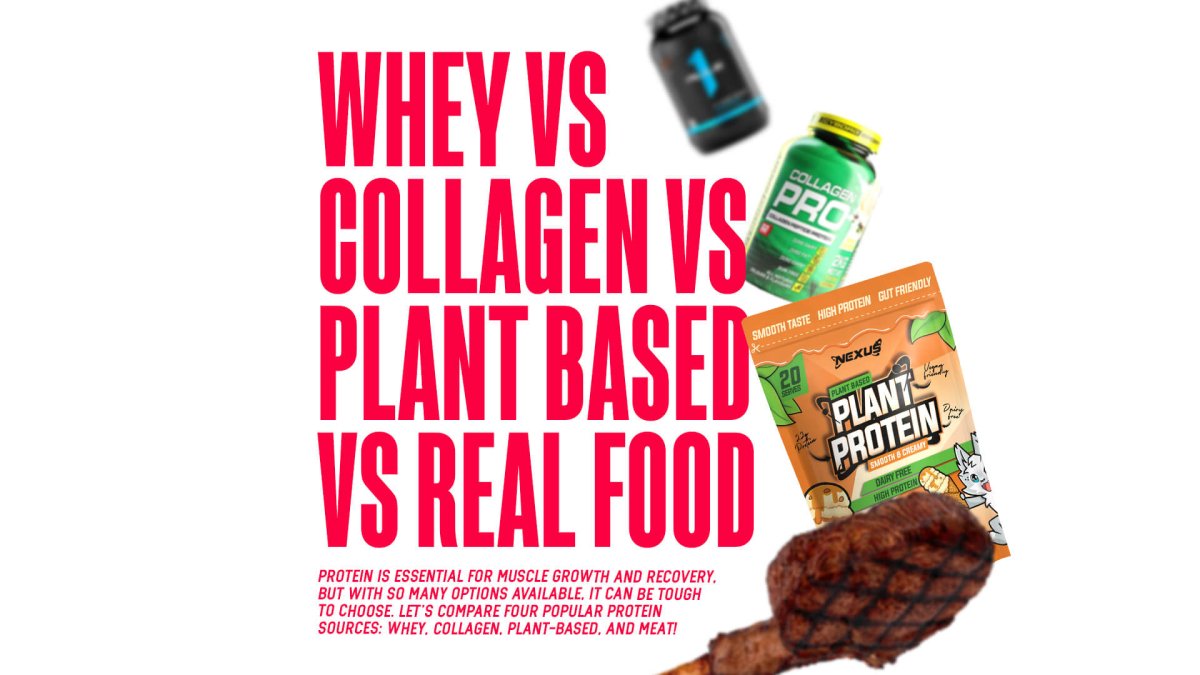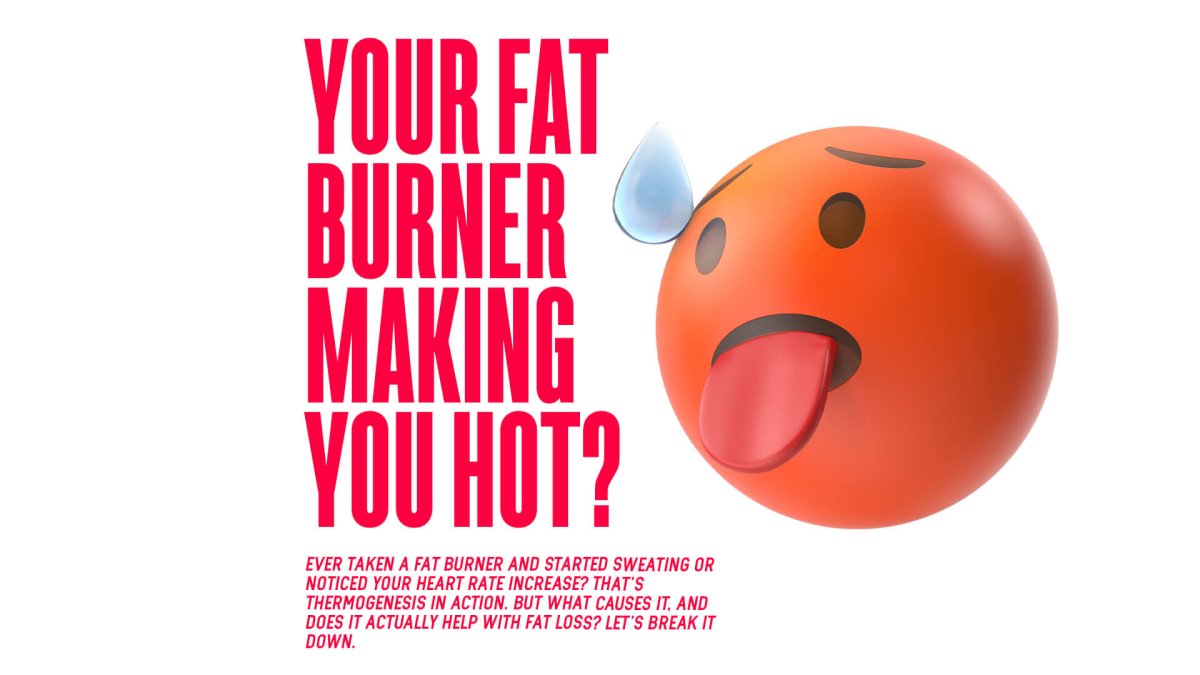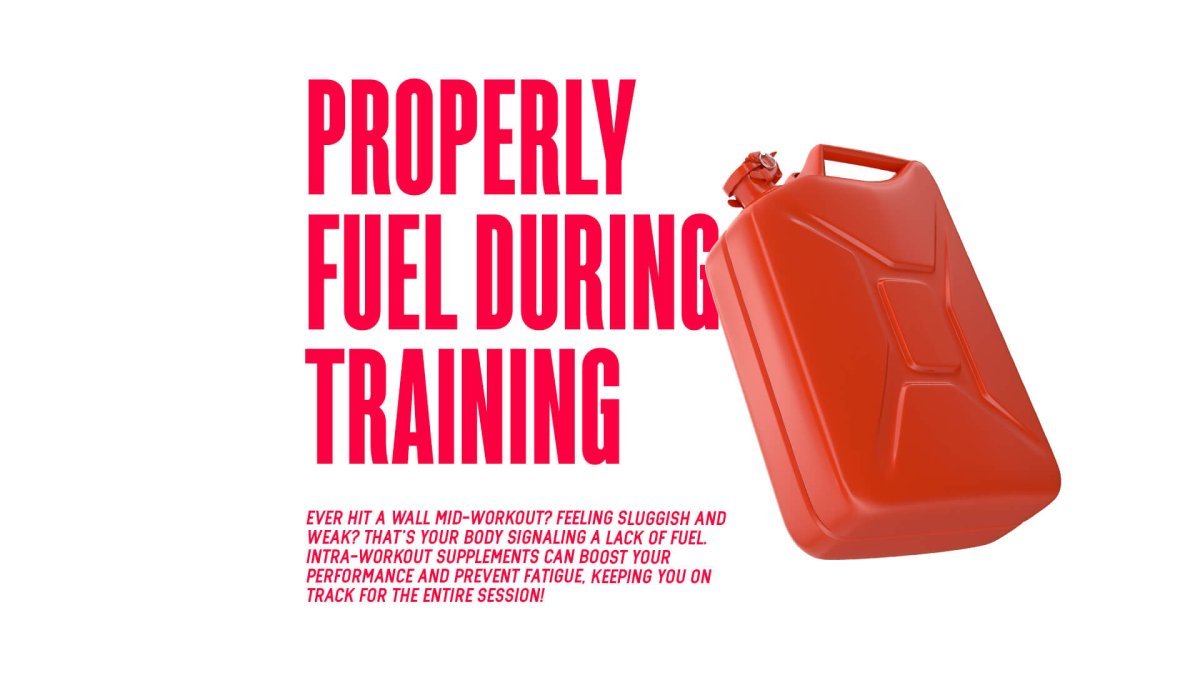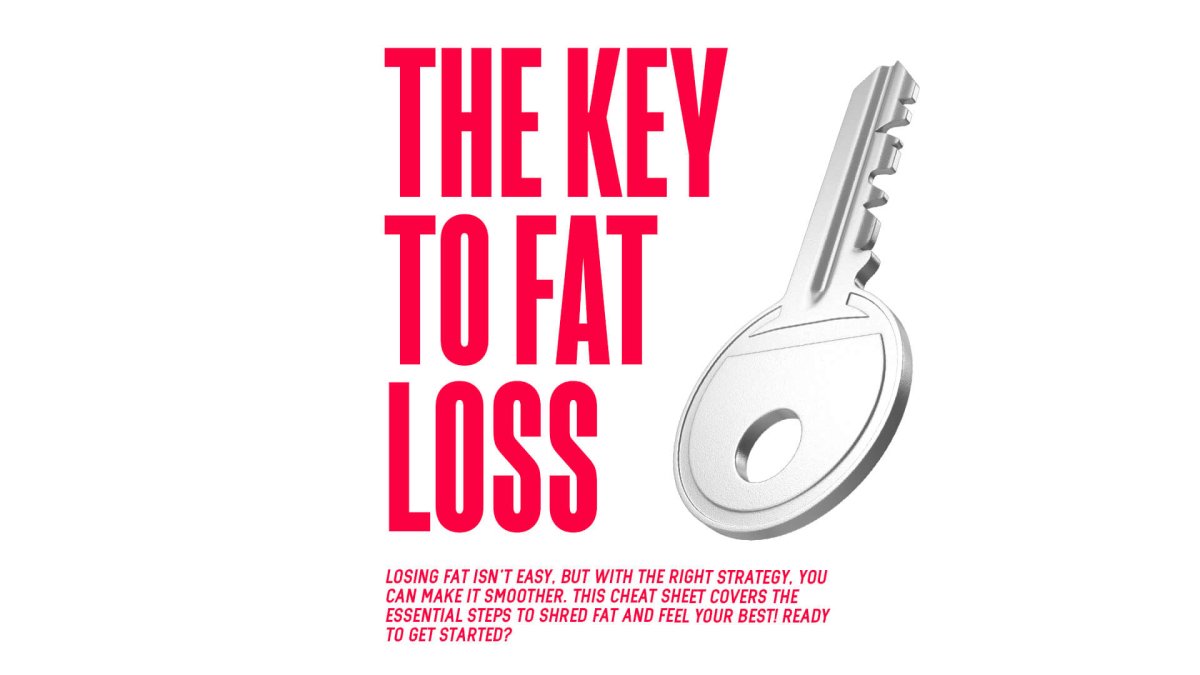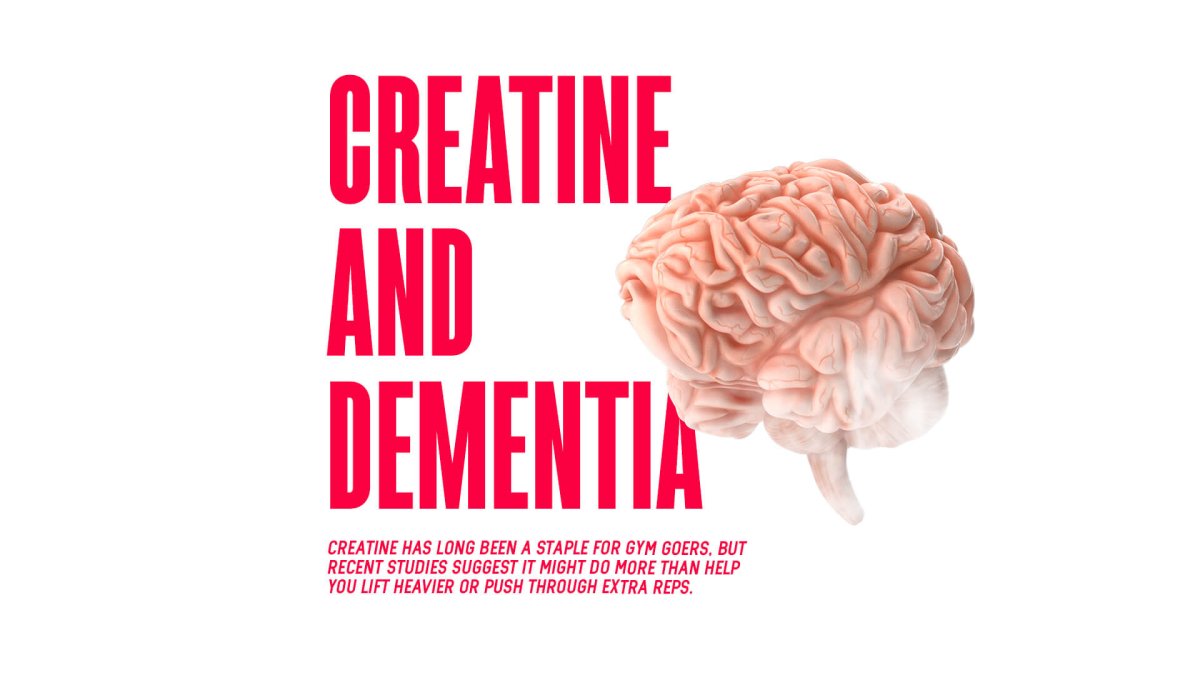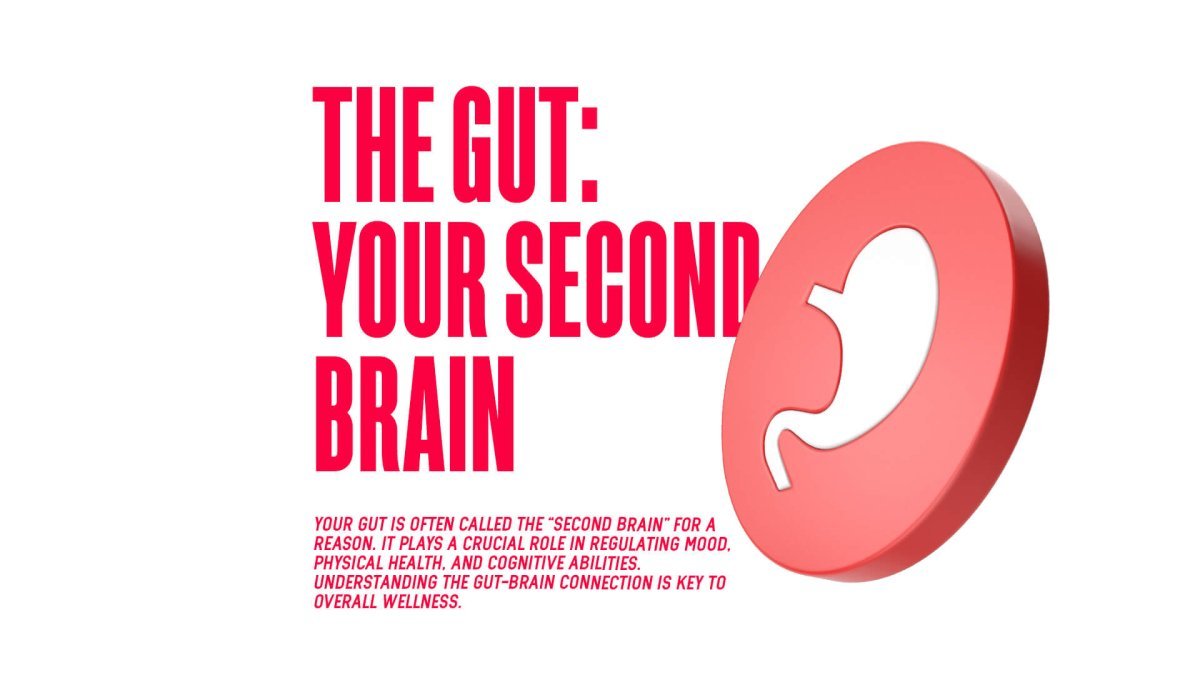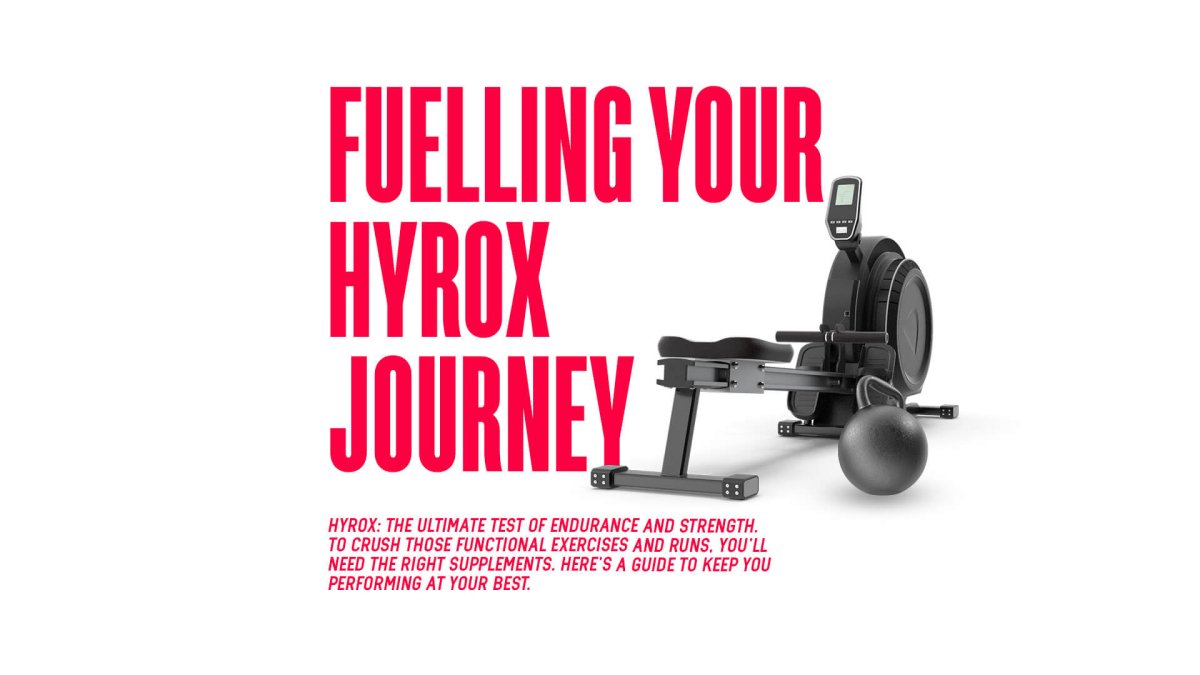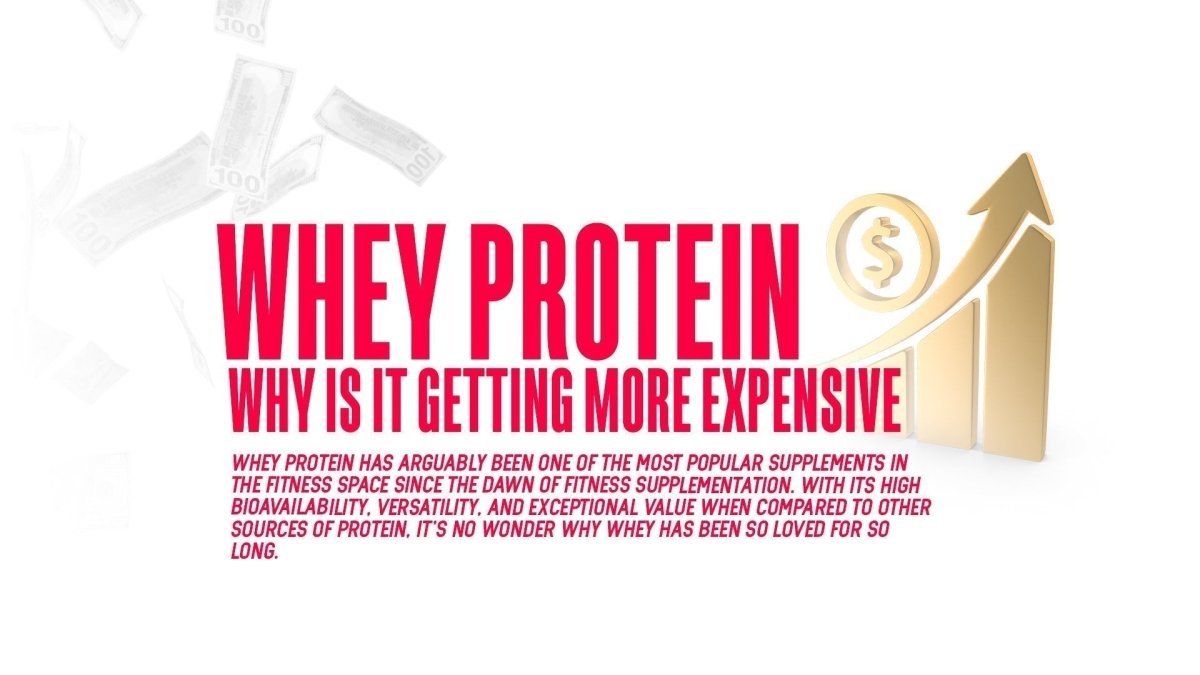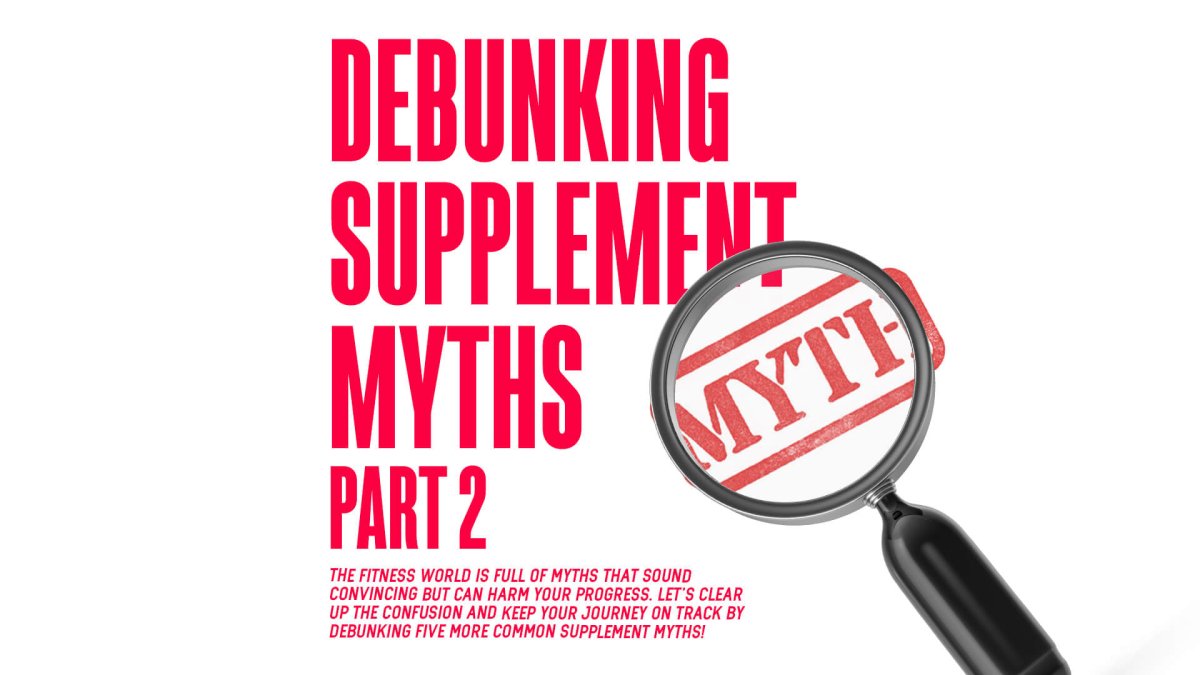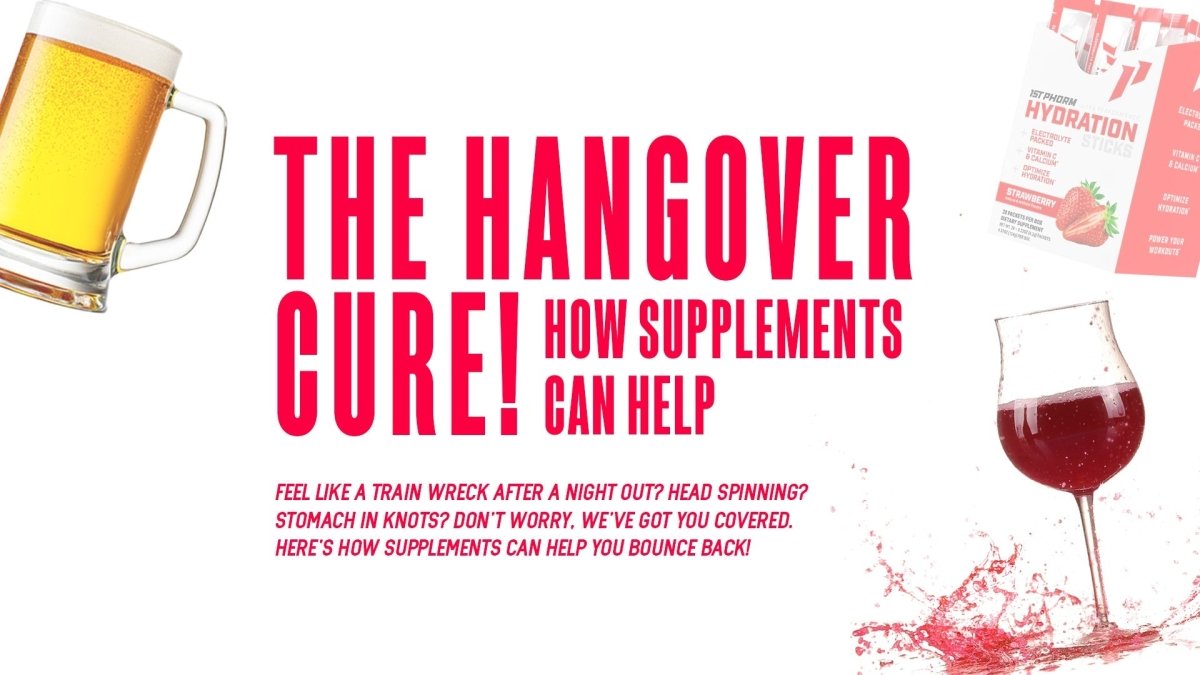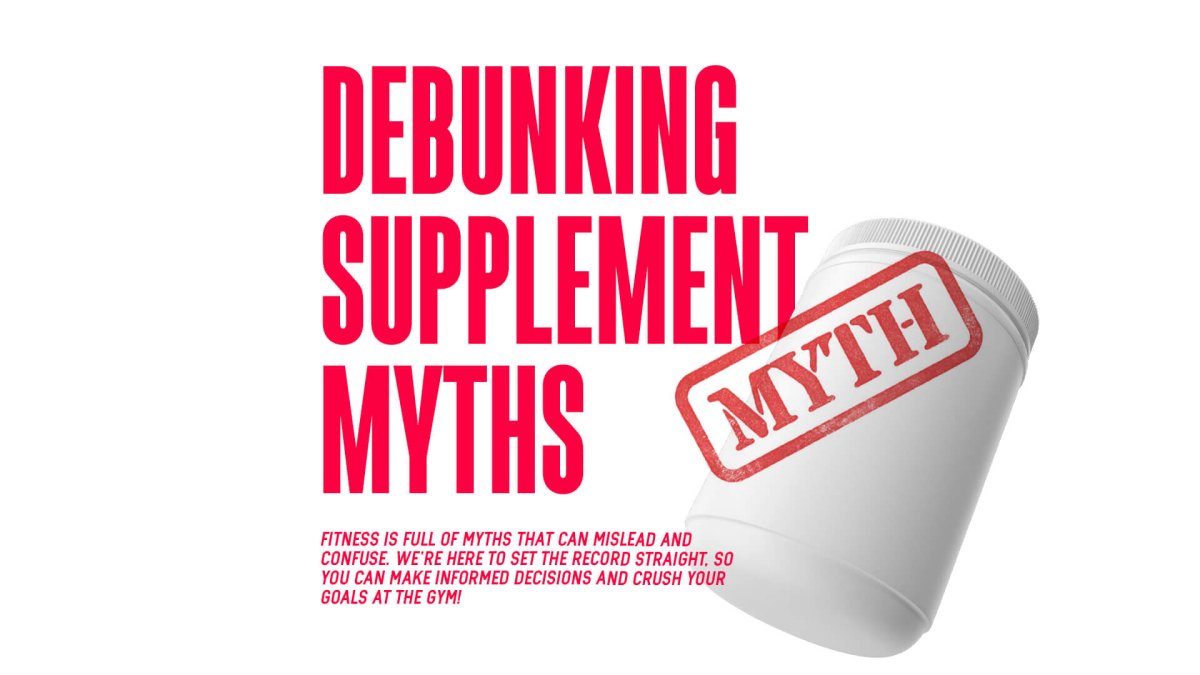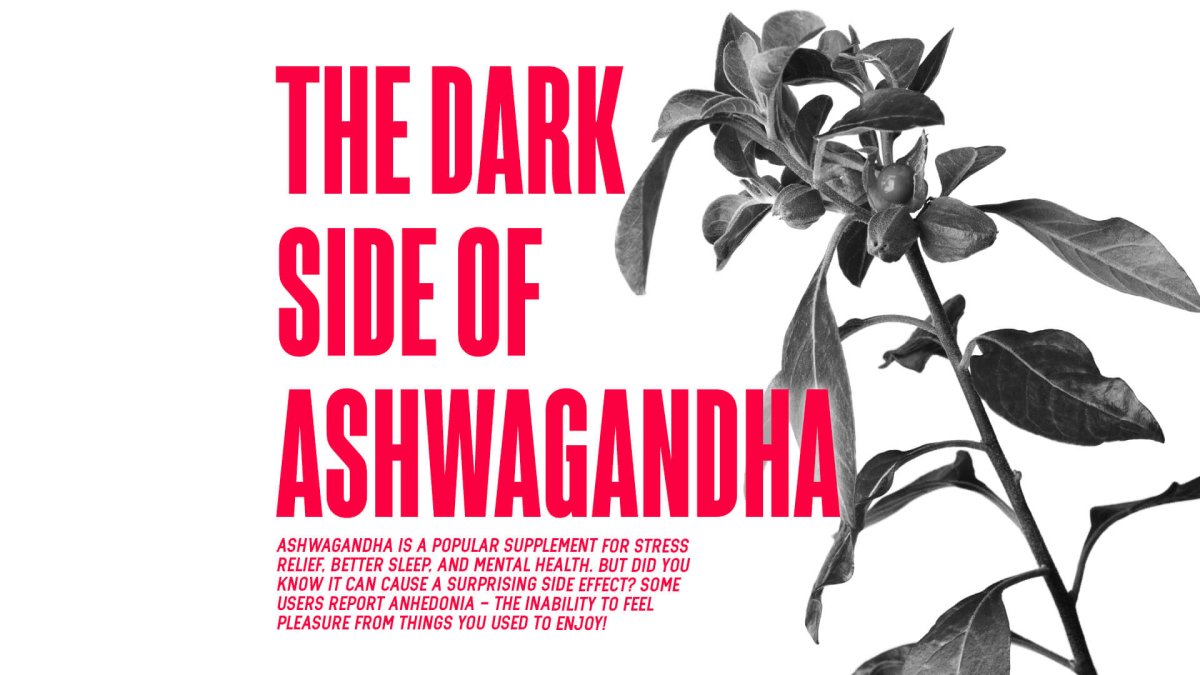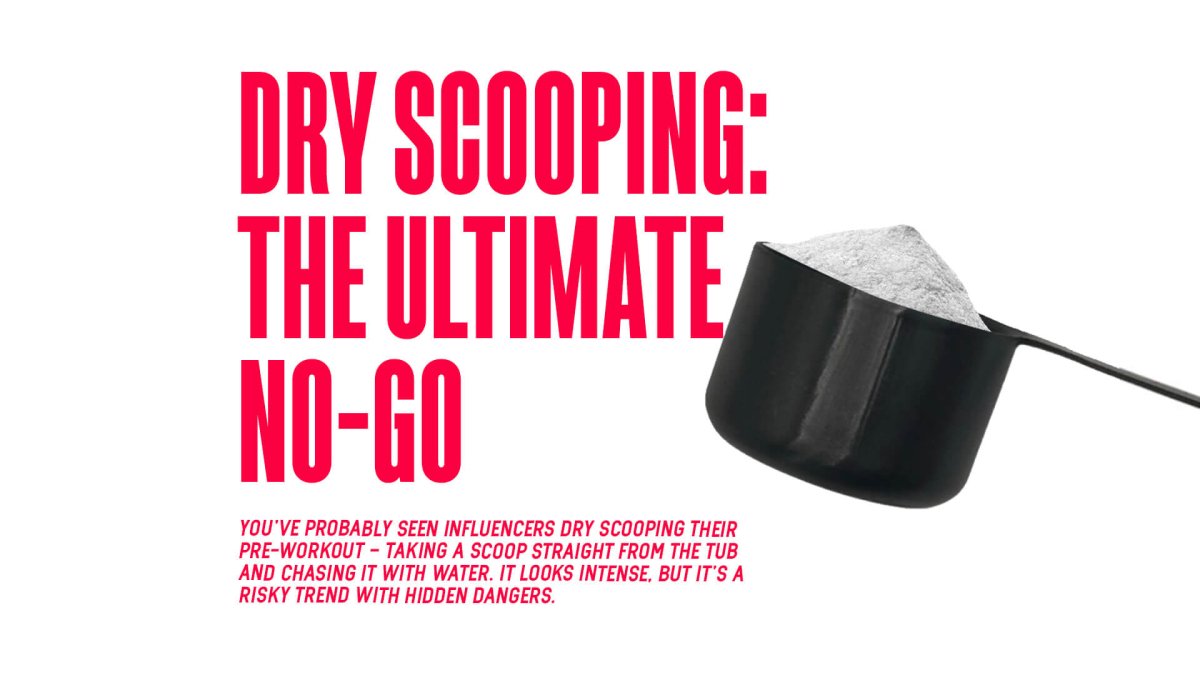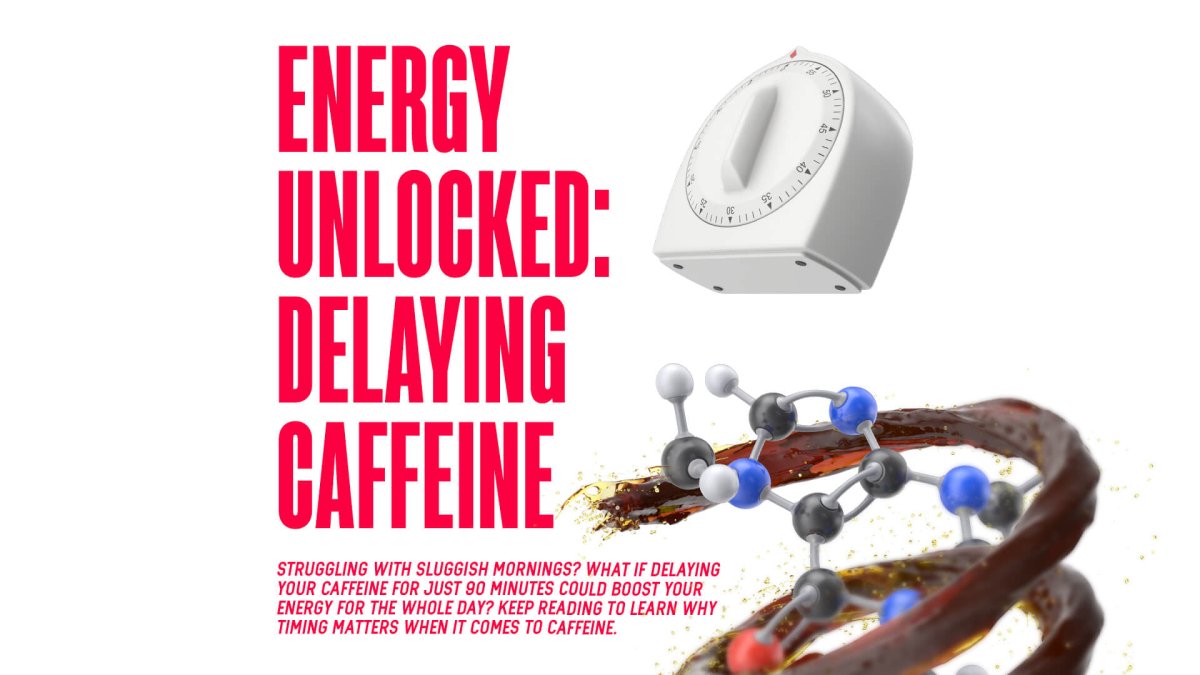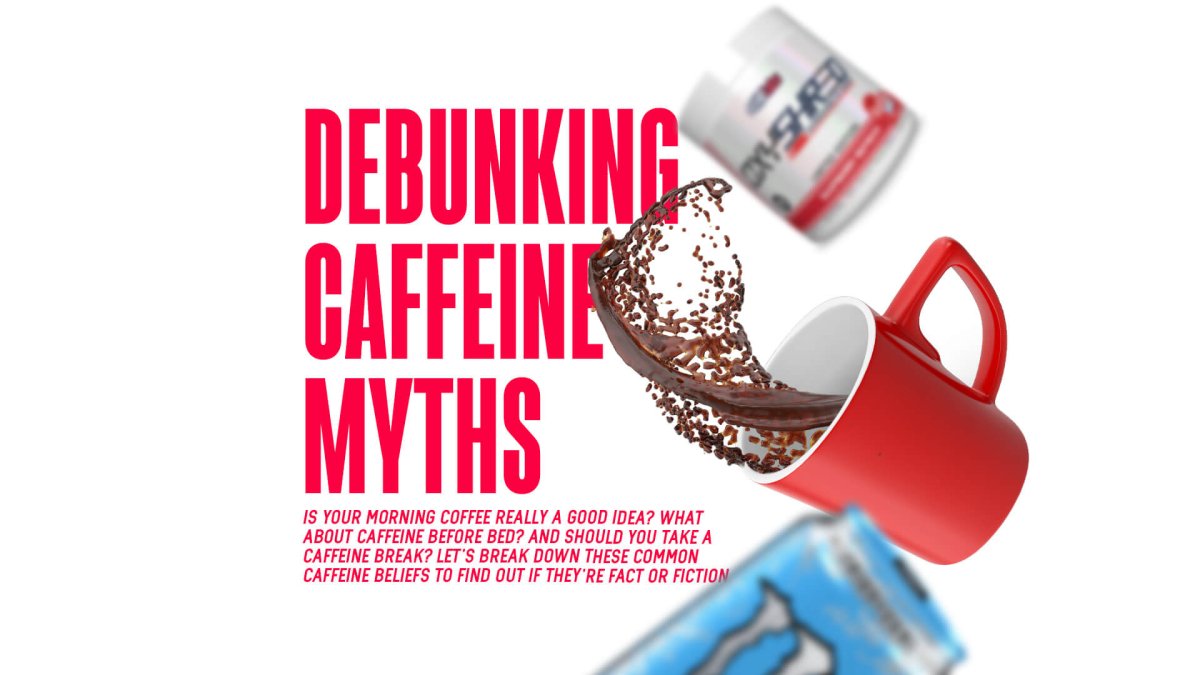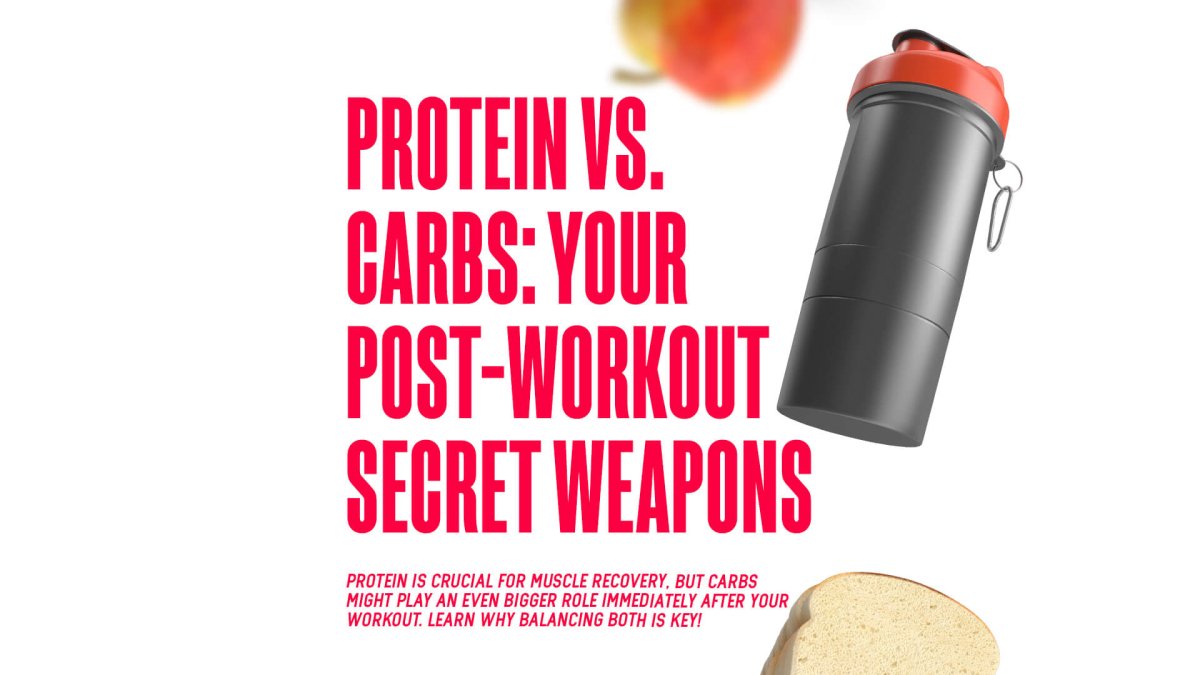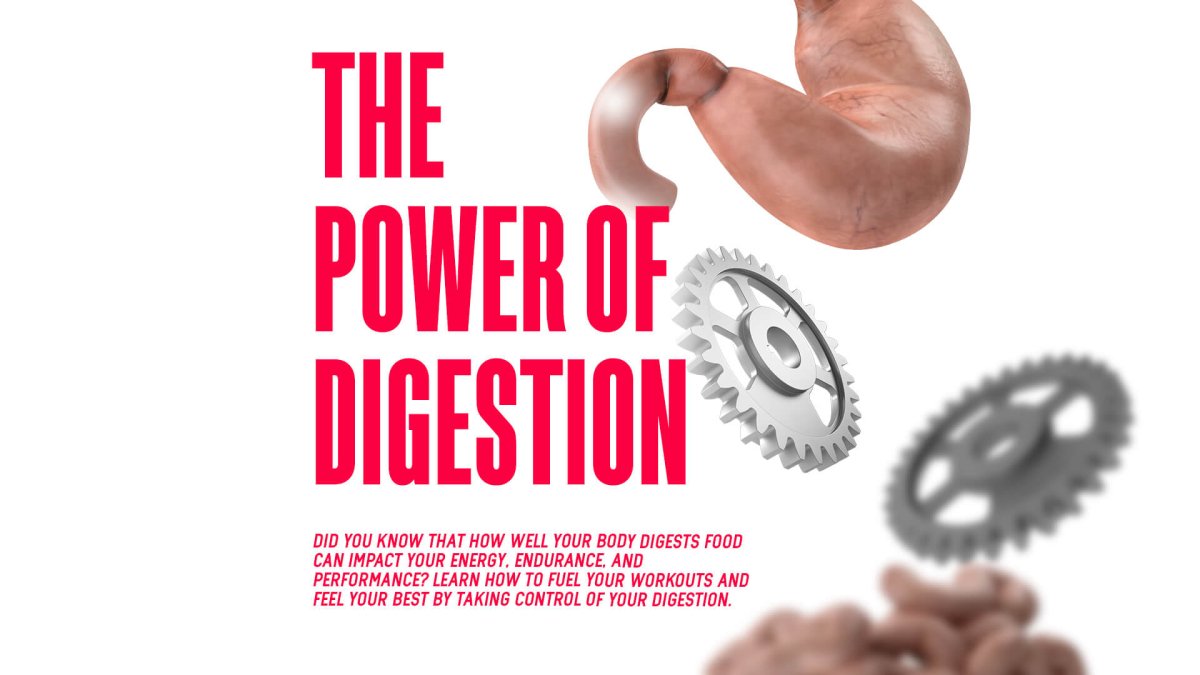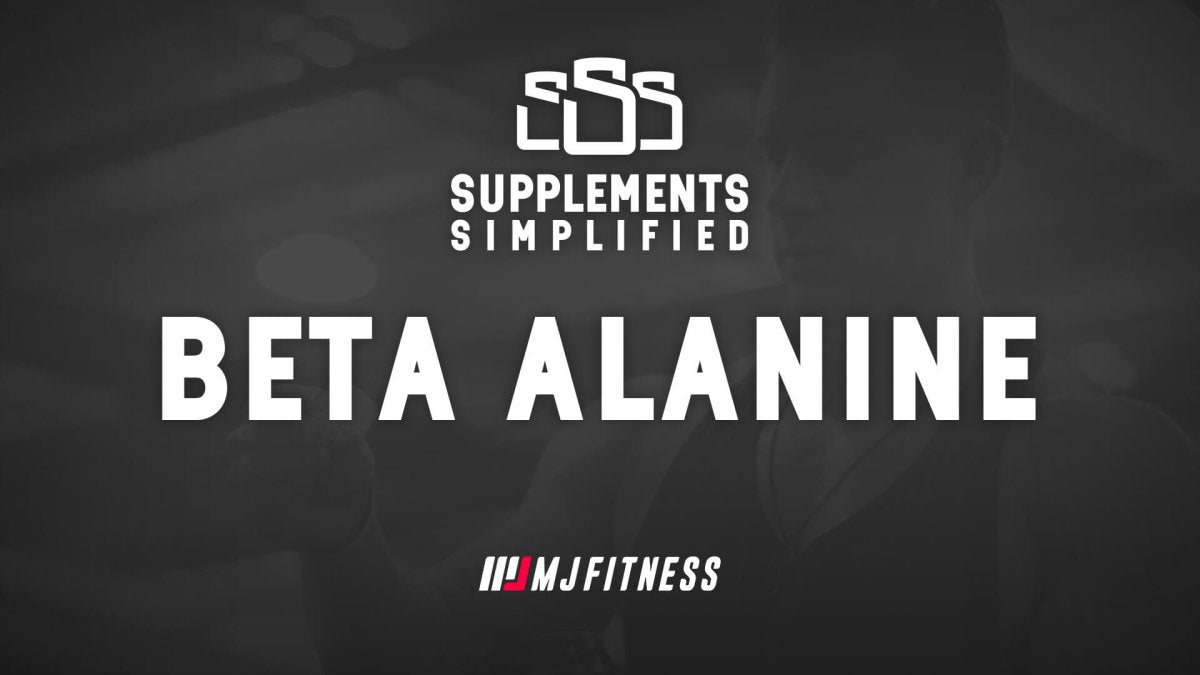1. What Is It?
Gamma-Butyrobetaine, or GBB for short, is a naturally occurring molecule that can go by many names. Gamma-Butyrobetaine ethyl ester HCl, Gamma-Butyrobetaine Hydrochloride, 4-trimethylaminobutyrate & deoxy-carnitine are all names for the same molecule we know as GBB. GBB is referred to as being a Pro-Carnitine molecule as our body actually converts GBB into L-Carnitine when producing L-Carnitine naturally.
2. What Does It Do?
As we just mentioned, GBB is referred to as being a Pro-Carnitine molecule. In the body, we synthesise L-Carnitine all throughout the day with this process elevating in production of L-Carnitine during training and exercise. GBB is the molecule we convert into L-Carnitine with help from the enzyme Gamma-butyrobetaine dioxygenase, or GBD for short, not to make things confusing.
Think of GBB and L-Carnitine having to be in balance in the body because they actually do. If we supplement with GBB and increase our GBB levels, it will push the body to create more L-Carnitine to reach balance again. Alternatively, if we increase our L-Carnitine stores it will push the body to breakdown L-Carnitine into GBB to achieve that balance. I know what youre thinking, supplementing with just L-Carnitine isn't sounding very effective anymore.
L-Carnitine supplementation is still extremely beneficial for the body. Especially when supplementing with forms like Acetyl L-Carnitine due to its ability to cross the blood-brain barrier and assist with mental cognition. L-Carnitine is a non-essential amino acid, meaning we don't need to get it from the diet, that is responsible for the transport of fatty acids around the body to then be used as energy. Which is why the synthesis of L-Carnitine is ramped up while we train as we try to convert more fatty acids into energy. The fatty acids are transported around the body, into our mitochondria, where they lose the L-Carnitine and are converted into ATP through beta-oxidation.
Back to the relationship between GBB and L-Carnitine. As we mentioned, there is a balance between these two that the body is constantly trying to maintain. This is where GBB supplementation can really show its strength. By pushing the balance in favour of the body producing more L-Carnitine, we will increase L-Carnitine levels both through natural synthesis from GBB and also from additional L-Carnitine supplementation (if the product formula contains L-Carnitine) providing us with more L-Carnitine to help transport more fatty acids into energy. Meanwhile, the body isn't even considering breaking down any L-Carnitine back into GBB because we increased the bodies levels.
Is that all GBB can do? Not quite
Increases in Nitric Oxide Levels
GBB can potentially increase our bodies nitric oxide levels. We say potentially because there haven't been enough studies to fully understand the mechanism(s) in action to cause the results studied. Studies looking into the effects of Mildronate (the Latvian performance-enhancing drug that Sharapova got busted for using back in 2016) paired it with GBB. The studies found that Mildronate alone had no effect on Nitric Oxide (NO) levels, whereas, GBB saw considerable increases in NO levels. The interesting part was Mildronate enhanced the NO increasing benefits of GBB to result in even greater NO increases. Increased NO levels will result in increased blood flow which can bring a number of benefits such as increasing oxygen delivery around the body, improved recovery and enhanced athletic endurance ability.
Thermogenic Effect of GBB
Another, not fully understood, effect of GBB is its thermogenic effect. We have experienced this effect personally across a number of formulas containing both other thermogenic ingredients and no other thermogenic ingredients. One 'supplement guru' has the theory that the chemical reaction of GBB into L-Carnitine is exothermic, meaning it releases heat, and this reaction causes the thermogenic effect in the body. We aren't saying thats right or wrong, we just know there is a thermogenic effect, especially from higher doses, when supplementing with GBB.
3. How Much Do I Need To Take?
Studies have looked at the tolerance and safety of GBB in dosages of 40 - 75 mg per Kilogram of weight, that's 7.5 grams for a 100kg person! At this ridiculously high dose subjects did experience some uncomfortable effects as you would imagine.
The good news is dosages of 50 mg per day of GBB have been shown to be highly effective in increasing L-Carnitine levels in the body. Serving sizes of 20 - 25 mg being consumed twice a day or larger serves of 40 - 50 mg taken once a day seems to be what the industry is leaning towards.
This makes it very appealing for supplement manufacturers to use, either alongside or in place of L-Carnitine. The very small serving size makes GBB a very powerful ingredient.
4. When Do I Take It?
GBB will be typically seen in fat burner supplements. Due to the enhancing benefits of L-Carnitine and L-Carnitine being a key player in the fat loss supplementation world.
Taking GBB or formulas that contain GBB before cardio based training will be best to capitalise on the effects of fat loss. Consistent supplementation will yield the best results as they do require some time to accumulate.
5. How Long Does It Take To Work?
One study found serum levels of L-Carnitine to almost double after 20 days of consistent supplementation with GBB. Increases in L-Carnitine levels were seen after only a few days of supplementation with GBB.
We personally have experienced the thermogenic effects of GBB from the first use. As for experiencing the increased levels of L-Carnitine, it is hard for us to say on personal experience as it's not quite something you can 'feel'. From the studies, we are confident to say full effects of GBB supplementation can be reached within the first month of consistent supplementation.


